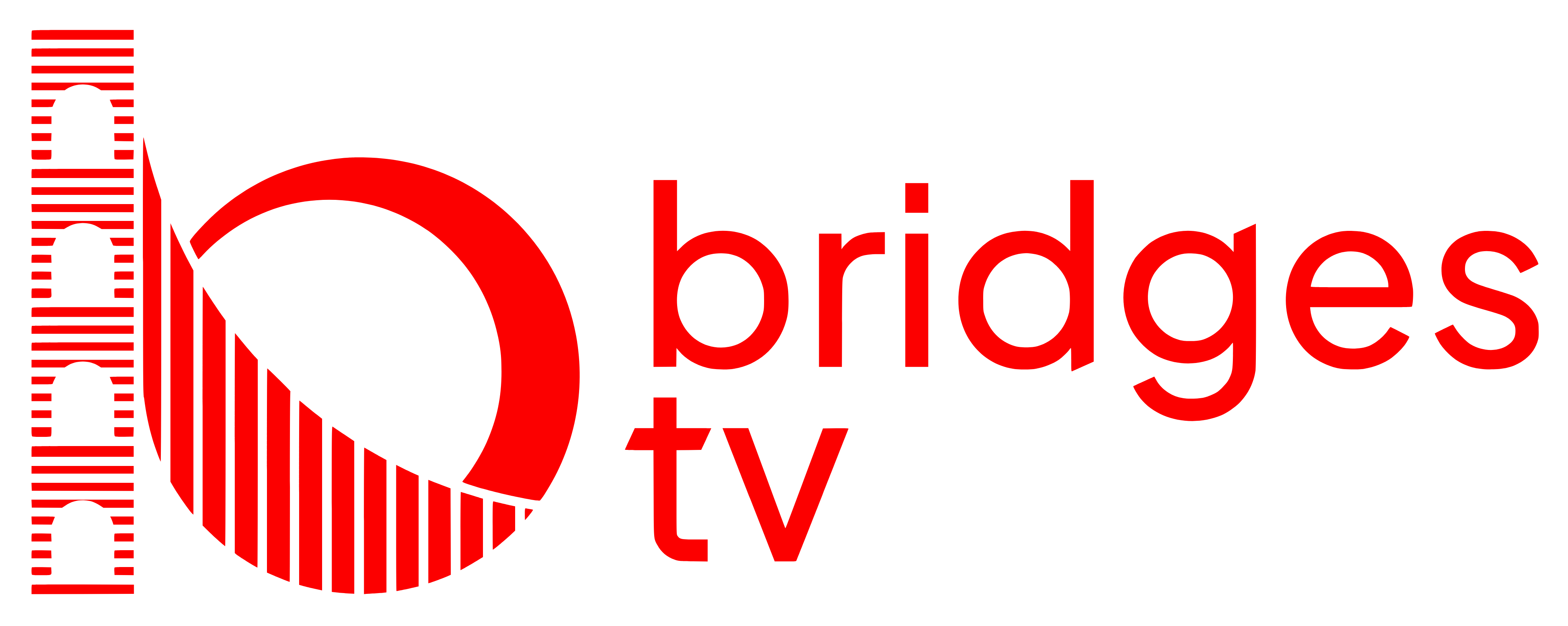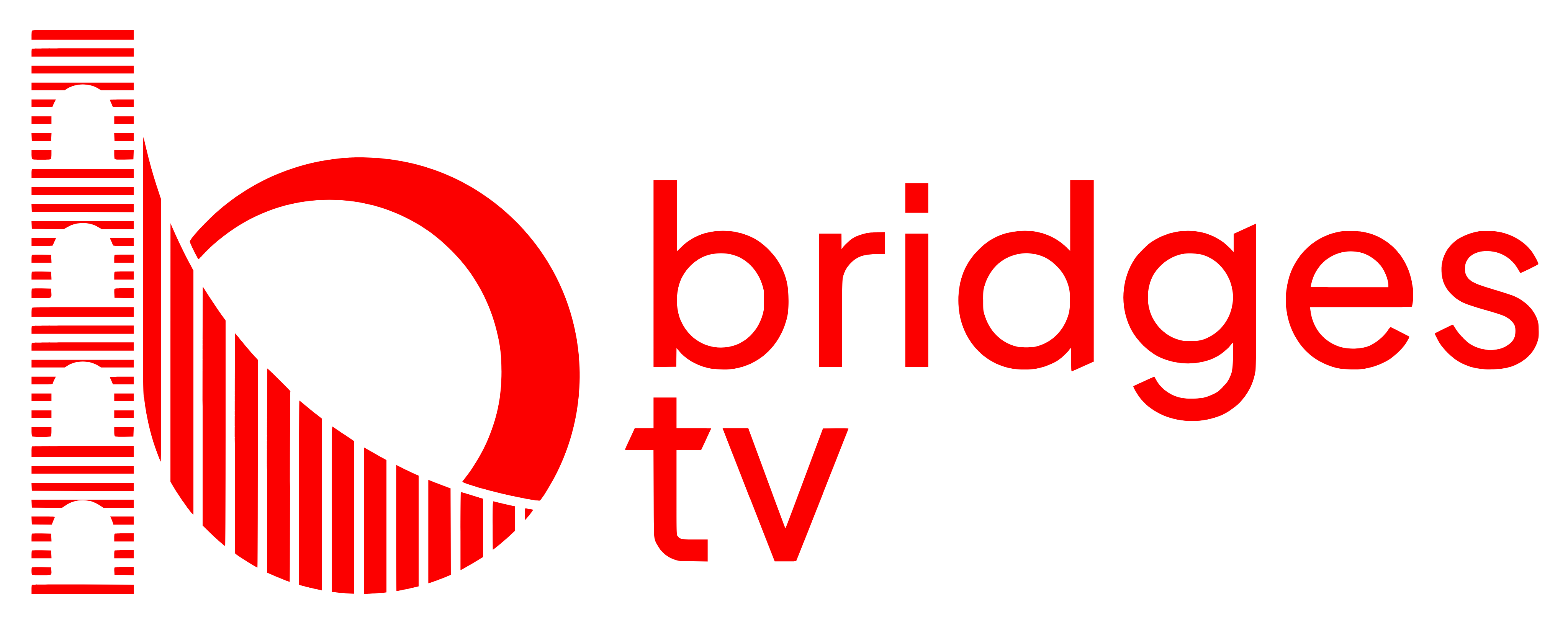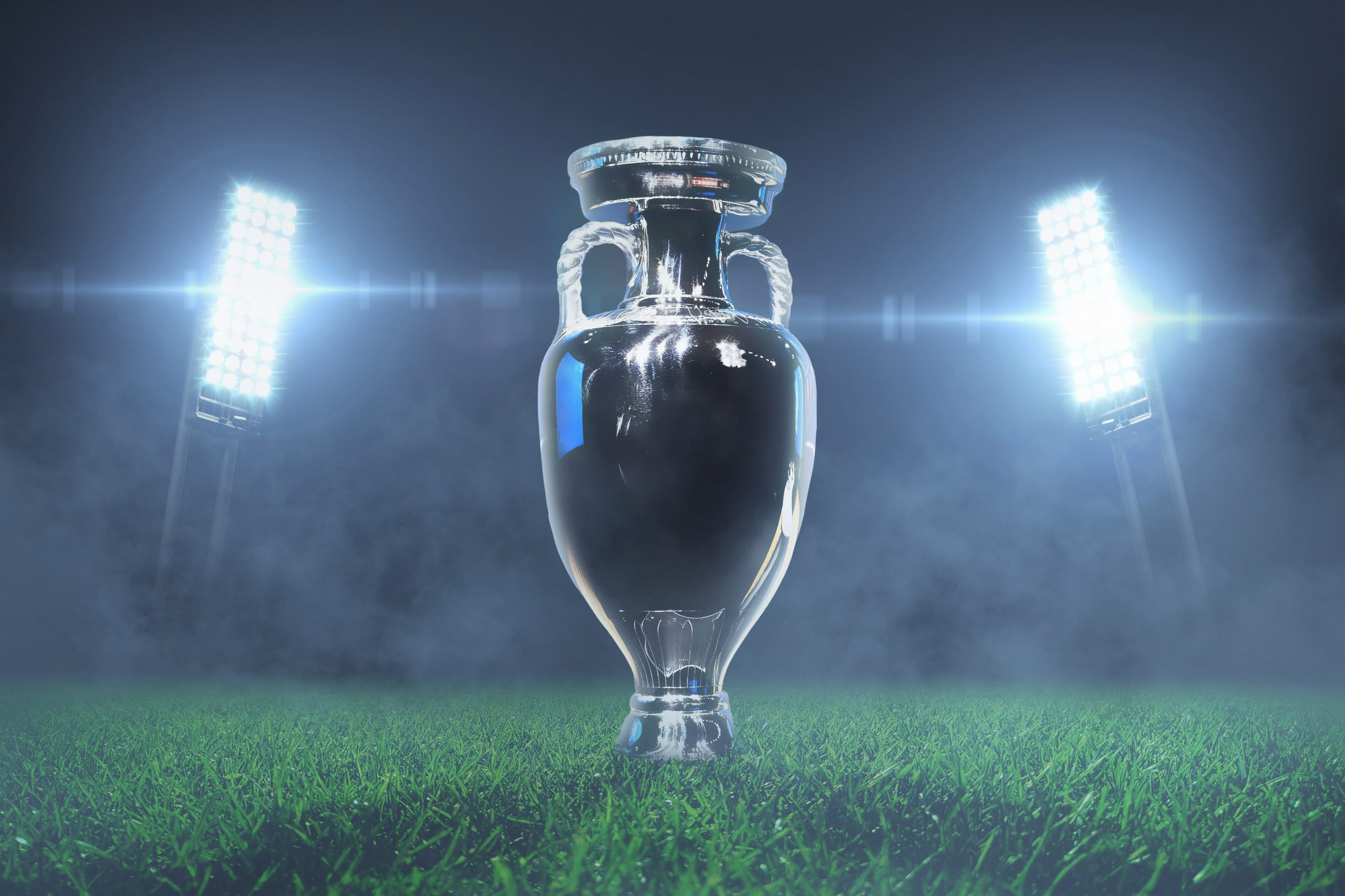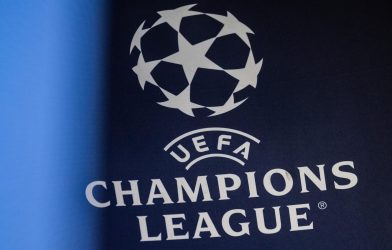The UEFA European Championship, or the Euros, has grown from a modest competition into one of the premier events in the football world. Over the decades, the tournament has seen numerous changes in format, expansion in the number of teams, and increased global attention.
The first European Nations Cup took place in 1960, hosted by France. The initial format featured four teams: the Soviet Union, Yugoslavia, Czechoslovakia, and France. These teams were the survivors of a qualifying process that saw 17 nations compete. The Soviet Union won the first title, defeating Yugoslavia 2-1 in the final held at the Parc des Princes in Paris.
The second tournament in 1964, hosted by Spain, saw the inclusion of more countries in the qualifying rounds, though the final tournament still featured only four teams. Spain emerged victorious on home soil, defeating the Soviet Union 2-1 in Madrid. Over the next few editions, the format remained the same, but the competition began to gain more attention. Italy won the 1968 tournament, which was notable for introducing the concept of penalty shootouts, though the final itself was decided after a replay. West Germany claimed their first title in 1972, and Czechoslovakia won in 1976 after a dramatic penalty shootout against West Germany, featuring the famous “Panenka” penalty.
The 1980 tournament, held in Italy, marked the first major expansion of the Euros. The final tournament now featured eight teams, divided into two groups of four, with the group winners advancing directly to the final and the runners-up contesting a third-place match. This format change allowed for a greater number of matches and increased the tournament’s appeal. West Germany won the 1980 championship, their second title, by defeating Belgium in the final.

France hosted the 1984 tournament, which maintained the eight-team format but altered the structure to include semi-finals after the group stage. This edition is particularly remembered for Michel Platini’s extraordinary performance, scoring nine goals and leading France to their first European Championship title. The 1988 tournament, held in West Germany, saw the Netherlands win their first major title, highlighted by Marco van Basten’s spectacular volley in the final against the Soviet Union. In 1992, Sweden hosted the tournament, which was notable for Denmark’s fairytale victory. Having not originally qualified, Denmark was invited to replace Yugoslavia and went on to win the tournament by defeating reigning champions the Netherlands and Germany in the final.
The 1996 tournament in England marked another significant expansion, doubling the number of participating teams to 16. This new format included a knockout stage following the group phase, increasing the number of matches and the tournament’s overall excitement. Germany won their third European Championship by defeating the Czech Republic in the final, thanks to Oliver Bierhoff’s golden goal.
The 2000 Euros were co-hosted by Belgium and the Netherlands, the first time the tournament was held in multiple countries. France continued their dominance of world football by winning the tournament, adding to their 1998 World Cup triumph. In 2004, Portugal hosted a memorable tournament known for Greece’s stunning victory. Greece, considered rank outsiders, defeated hosts Portugal in the final with a solid defensive strategy and efficient use of set-pieces.
The 2008 tournament, co-hosted by Austria and Switzerland, saw Spain emerge as champions, heralding the beginning of a golden era for Spanish football. Under the guidance of Luis Aragonés, Spain played an attractive and possession-based style of football, which would dominate international football for years to come.

Poland and Ukraine co-hosted Euro 2012, where Spain defended their title, becoming the first team to win back-to-back European Championships and adding to their 2010 World Cup triumph. Spain’s 4-0 victory over Italy in the final remains the largest winning margin in a European Championship final.
The 2016 tournament in France expanded further to include 24 teams, allowing for a more inclusive competition. This new format featured a group stage followed by a knockout stage, including a round of 16. Portugal won their first major title in 2016, with a resilient and tactically disciplined team overcoming hosts France in the final, thanks to a late goal from Eder in extra time.
In celebration of the tournament’s 60th anniversary, Euro 2020 adopted a unique format with matches hosted across 11 different cities in Europe, including London, Rome, and Munich. This innovative approach aimed to bring the tournament closer to fans in various countries. Despite the logistical challenges posed by the COVID-19 pandemic, the tournament was successfully held in 2021. Italy triumphed, defeating England in a dramatic penalty shootout at Wembley Stadium in London, marking their first European Championship title since 1968.
The UEFA European Championship has continually evolved, reflecting the dynamic nature of football and its growing global appeal. From its modest beginnings with just four teams to the expansive, multi-city format of recent years, the tournament has consistently delivered high-quality football and unforgettable moments. As the Euros continue to evolve, they remain a celebration of European unity, talent, and the beautiful game, captivating fans around the world with each edition.














